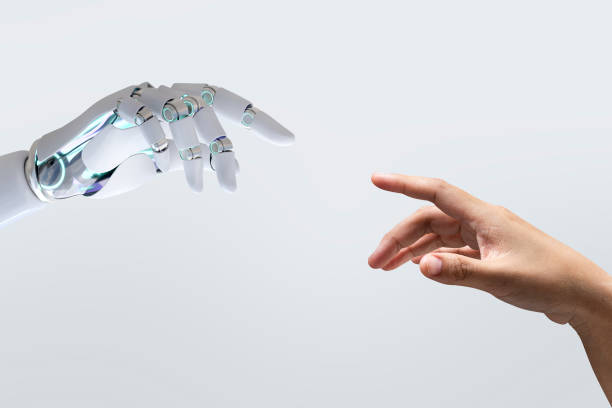Navigating the Complexities of Anxiety: A Deeper Understanding
Anxiety holds a peculiar position in our collective consciousness. It's a state of being that almost everyone has experienced to some extent, yet it remains misunderstood and often maligned. Viewed by some as an exaggerated response to stress, by others as a sign of weakness, the reality is far more complex. Anxiety is an integral part of the human condition, a survival mechanism honed by millions of years of evolution. However, when it spirals out of control or persists without a clear cause, it transforms into a debilitating illness. This article will delve into the intricacies of anxiety, unraveling its historical context, current relevance, trends, impact, and reception, while offering unique insights not widely covered elsewhere.

Historical Context: Anxiety Through The Ages
The concept of anxiety is not a recent development. Ancient Greek physicians recognized it as a medical condition, forming the basis of the term we use today. Hippocrates, often referred to as the father of medicine, described anxiety as a condition of “extreme fear and distress”. He believed it was caused by an imbalance of the body’s four humors: blood, phlegm, yellow bile, and black bile.
In the Middle Ages, anxiety was intertwined with religious beliefs and often attributed to demonic possession or divine punishment. The Enlightenment brought a shift in perspective, with philosophers like Rene Descartes and John Locke recognizing anxiety as a natural response to threats.
The 20th century witnessed significant strides in understanding anxiety. Sigmund Freud, the father of psychoanalysis, viewed anxiety as a signal of unconscious, repressed conflicts. The later development of cognitive-behavioral therapy and the introduction of anti-anxiety medications marked significant milestones in the treatment of anxiety disorders.
Current Relevance: The Rising Tide
In the 21st century, anxiety has become a global health concern. According to the World Health Organization, anxiety disorders are the most common mental health issues worldwide, affecting an estimated 264 million people. The ongoing COVID-19 pandemic has only exacerbated the situation, with lockdowns, social isolation, and economic uncertainties triggering a surge in anxiety levels.
The current prevalence of anxiety has highlighted the need for more comprehensive and accessible mental health services. Despite the increase in awareness and conversation around mental health, many individuals suffering from anxiety continue to face stigmatization and barriers to treatment.
Trends and Impact: From Stigma to Acceptance
Over the past few decades, there has been a perceptible shift in societal attitudes towards anxiety and mental health in general. The stigma surrounding mental health issues is gradually receding, replaced by increasing acceptance and understanding. This is reflected in the growing number of celebrities openly discussing their struggles with anxiety, the proliferation of mental health awareness campaigns, and the inclusion of mental health education in school curriculums.
The impact of these trends is twofold. On one hand, they have led to an increase in the demand for mental health services. On the other hand, they have sparked a surge in research, leading to improved diagnostic tools, treatment options, and preventative strategies.
Unique Insights: The Double-Edged Sword of Technology
While technology often gets blamed for the rise in anxiety, particularly among younger generations, it also holds potential solutions. The constant connectivity and social comparisons facilitated by social media can undoubtedly contribute to anxiety. However, technology can also be leveraged to improve mental health. From meditation apps and online counseling services to AI-powered chatbots designed to provide mental health support, technology is emerging as a powerful tool in managing and treating anxiety.
Navigating Anxiety: A Balance of Science and Compassion
Understanding anxiety is a complex endeavor, requiring a balance of scientific exploration and human empathy. It’s a condition deeply rooted in our evolutionary past, yet shaped by the pressures and uncertainties of the modern world. Overcoming the challenges posed by anxiety requires not only medical interventions but also societal changes: greater empathy, understanding, and acceptance of mental health issues. As we continue to unravel the complexities of anxiety, it’s crucial to remember that it’s not a sign of weakness, but a testament to the human capacity to perceive, respond to, and endure stress.




